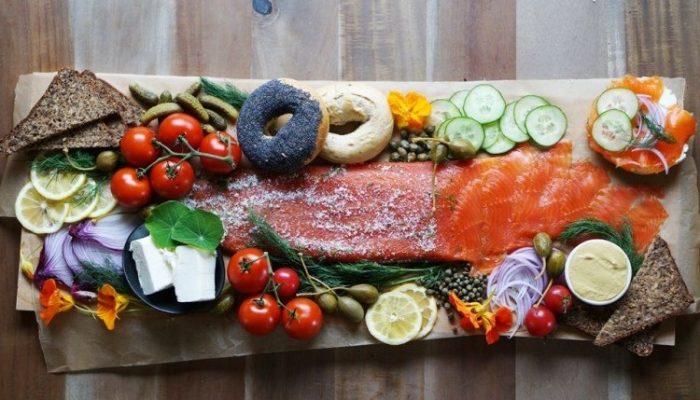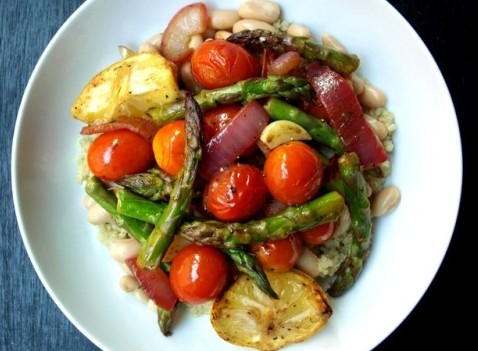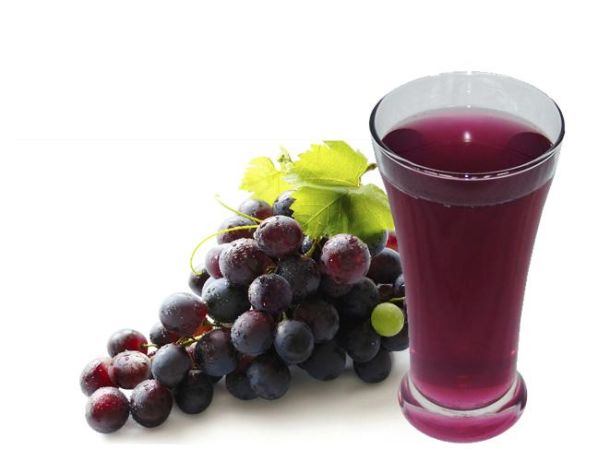
If you’re looking for a way to follow the Word of Wisdom better, the Mediterranean diet may be what you need. A couple years ago, I was conflicted with the idea of which diet applied best to the Word of Wisdom standards. There are so many new fad diets being pushed through books and the internet. Then my husband, a native Italian from Rome, introduced me to the Mediterranean diet. Its similar guidelines to the LDS law of health, and historic effects on the human body intrigued me.
Back in the 80s, Professor Ancel Keys, Ph.D., discovered that cardiovascular death rates were low in Greece, southern Italy, and relatively high in the USA and Finland. Further investigation proved that the lifestyle of these long-lived Mediterranean people could help higher-risk populations.
This discovery created what is now known as the Mediterranean diet; which a Harvard study, as of 2013, showed boosts lifespan and cuts chronic disease. These results made me curious to seek out the similarities between the Mediterranean diet and the Word of Wisdom.
1. Take Advantage of Herbs
“God hath ordained [herbs] for the…use of man”

One way to take full advantage of our herbs is by using them alongside our everyday body products and medication. My husband’s southern-Italian mother enjoys using essential oils from natural herbs to help her children and husband overcome everyday ailments.
Historically, Romans, Egyptians, and Greeks were known for generously adding these aromatic oils to their bodies, baths, and medicines. Hypocrites, the ancient Greek “Father of Medicine”, recorded the effects of 300+ plants that are still used in today’s essential oils.
2. Eat More Fruit and Vegetables
“every fruit in the season thereof [is] to be used with prudence and thanksgiving“

Mediterranean food is traditionally based off of fruits and vegetables. When I was visiting my husband’s hometown, Infernetto, the daily intake of healthy meals contained an average of six servings of fruits and vegetables.
Each land is blessed with the ability to cultivate specific produce. Now that we can ship and import this beautiful food to different regions, there are so many wonderful fruits and vegetables available to us all.
3. Limit Red Meat
“flesh also of beasts and of the fowls of the air…are to be used sparingly”

Those who live a Mediterranean lifestyle are known to eat meat only a couple times a month. When they do consume the high-fattening protein, their serving sizes are typically 3-ounces. This is about the size of an iPhone 5.
Rather than overloading their plates with red meat, the Mediterranean residents incorporate a variety of fish instead. Tuna, salmon, or other types of seafood (such as clams) were added to my mother-in-law’s menu at least 2 times a week.
4. Grains are the Staff of Life
“All grain is ordained for the use of man…to be the staff of life”

In the Mediterranean diet, 35-40% of calories come from heart-healthy unsaturated fats. Most of these fats come from natural oils in nuts and seeds. A diversity of whole-grain foods such as brown rice, pasta, oats, and couscous are also encouraged.
Last summer, on a trip to southern France, I noticed that while the culture consumed quite a bit of pasta, they always mixed and matched red tomato sauce or simple olive oil with different types of vegetables or sea food.
5. Limit Sweets and Alcohol
“That inasmuch as any man drinketh wine or strong drink…behold it is not good”

Alcohol is extremely restricted in Mediterranean regions, due to its chronic affects on the liver. However, one daily glass of alcohol-free grape juice is encouraged because of its high antioxidant probabilities. Most sweets in the Mediterranean, including sugary drinks, are low in sugar and only offered in the evenings after dinner.
When my husband first came to the states, he would always exclaim how American white and milk chocolate were much too sweet for him. He always preferred dark chocolate with 70% cocoa. The lack of sugar in dark chocolate tastes extremely bitter to most Americans (and was for me at first).
However, it’s similar to a sugar withdrawal. Once my body adjusted to my lower sugar intake, my taste buds did too. Now I also find white and milk chocolate to be too rich and thoroughly enjoy a bar of dark chocolate.
6. Drink Mild Barley
“barley…for mild drinks”

I know, I know. It looks extremely similar to coffee. But, the Word of Wisdom specifically mentions that barley is to be used for mild drinks. These mild barley beverages are popular in the Mediterranean. One example: barley water, made with caffè d’orzo from traditional Italians, was discovered through the ancient Greeks.
One cold evening after dinner, my husband exposed me to this Orzo drink, and I loved the deep, unique taste of it, but as far as I was aware, the natural roasted barley was unavailable in the United States.
About a year later, I wandered into a naturalistic store and found Inka, an identical product to Orzo. Come to find out, this warm barley water is a good source of dietary fiber, lowers cholesterol, and should be added to everyone’s daily diet. It’s also believed to reduce signs of aging and is a strong source of vitamins.
7. Live Enthusiastically
“Yea, all things which come of the earth…are made for the benefit and the use of man, both to please the eye and to gladden the heart“
Those who follow this Mediterranean lifestyle, do not view it as a set of strict guidelines, but rather as a beautiful part of their daily routine.
I have witnessed how my extended family’s increased enthusiasm “for food and for raiment, for taste and for smell, to strengthen the body and to enliven the soul”, is reflected through the way they gather together to garden, fish, cook, and share in the joy of food and herbs rich in providing their sacred bodies with the nutrients they need.
8. Shall Run and Not Be Weary
“shall walk and not faint”

For the Strength of Youth pamphlet advises members to “care for [our bodies], eat nutritious food, exercise regularly” and practice stability in all areas of our physical health.
Marilynn Preston, a fitness expert and personal trainer, recently took a trip to Greece, and testified in her article, that this Mediterranean diet and culture assist in forming a lifestyle “that values friendship and leisure time, as well as hard work”, which then helps individuals to experience a more balanced life.
9. Reap the Benefits
“all saints who remember to keep and do these sayings…shall receive health in their navel and marrow to their bones”

The Harvard study that I mentioned at the beginning, proved that those who follow the Mediterranean lifestyle, elongate their life. These healthy individuals are“more likely to have no impairment in physical functioning, mental health or thinking skills.”
Another analysis of 1.5 million followers of the Mediterranean diet that I researched, showed reduction of heart disease and cancer. Personally, these results seemed to reflect the type of blessings our Heavenly Father promised us through living the Word of Wisdom.
Do you agree with me? Have you had any personal experiences with the Mediterranean diet or lifestyle? Are there any other diets that you find reflect the standards of the Word of Wisdom? Let us know in the comment section below.





